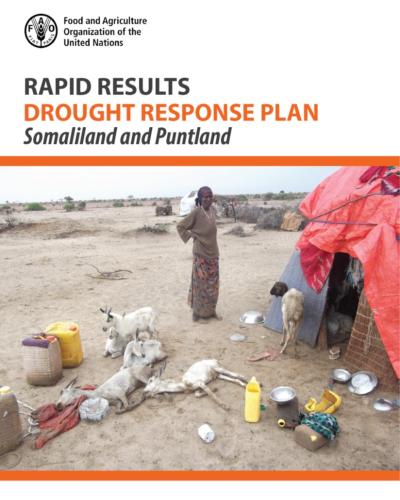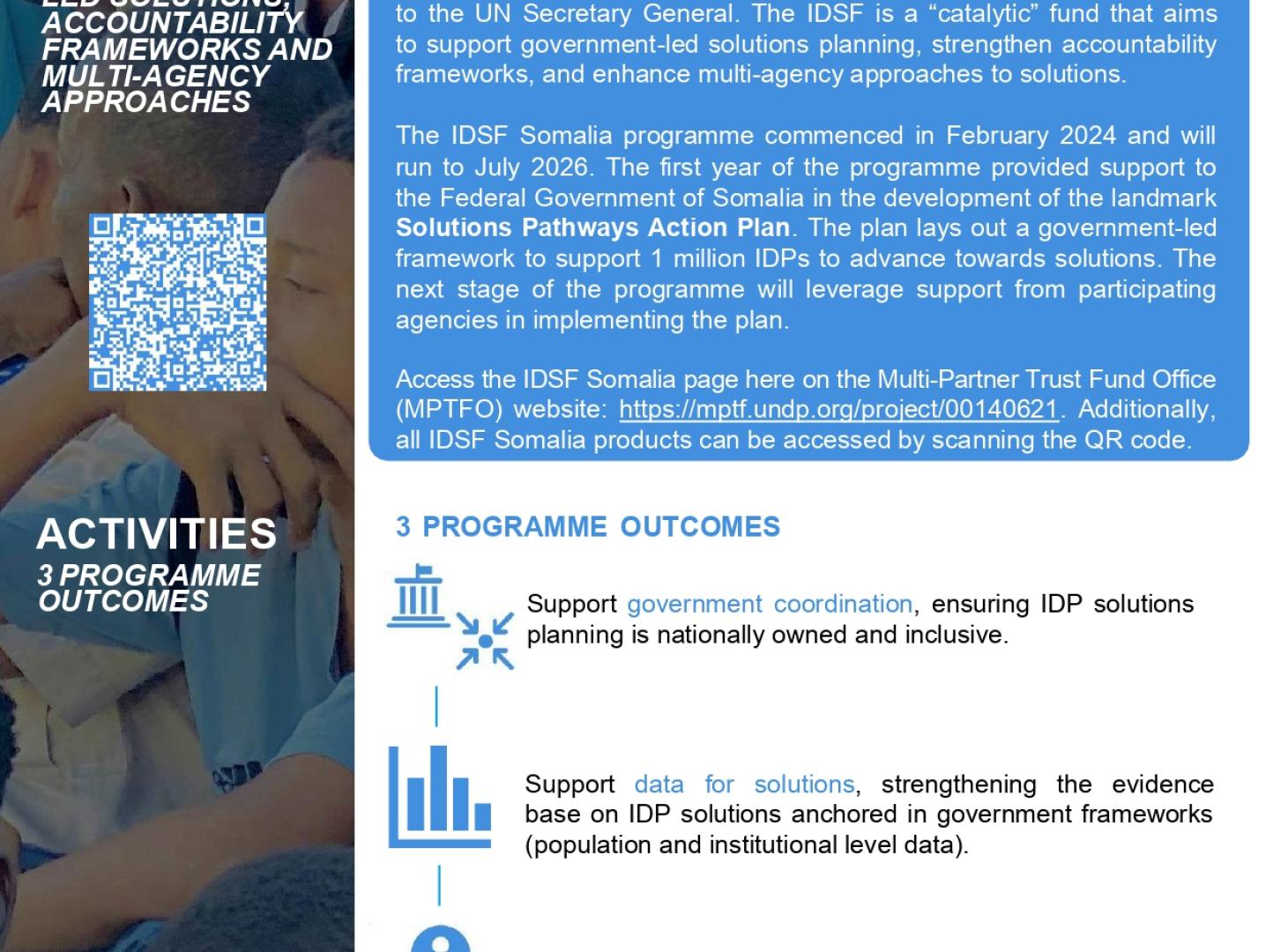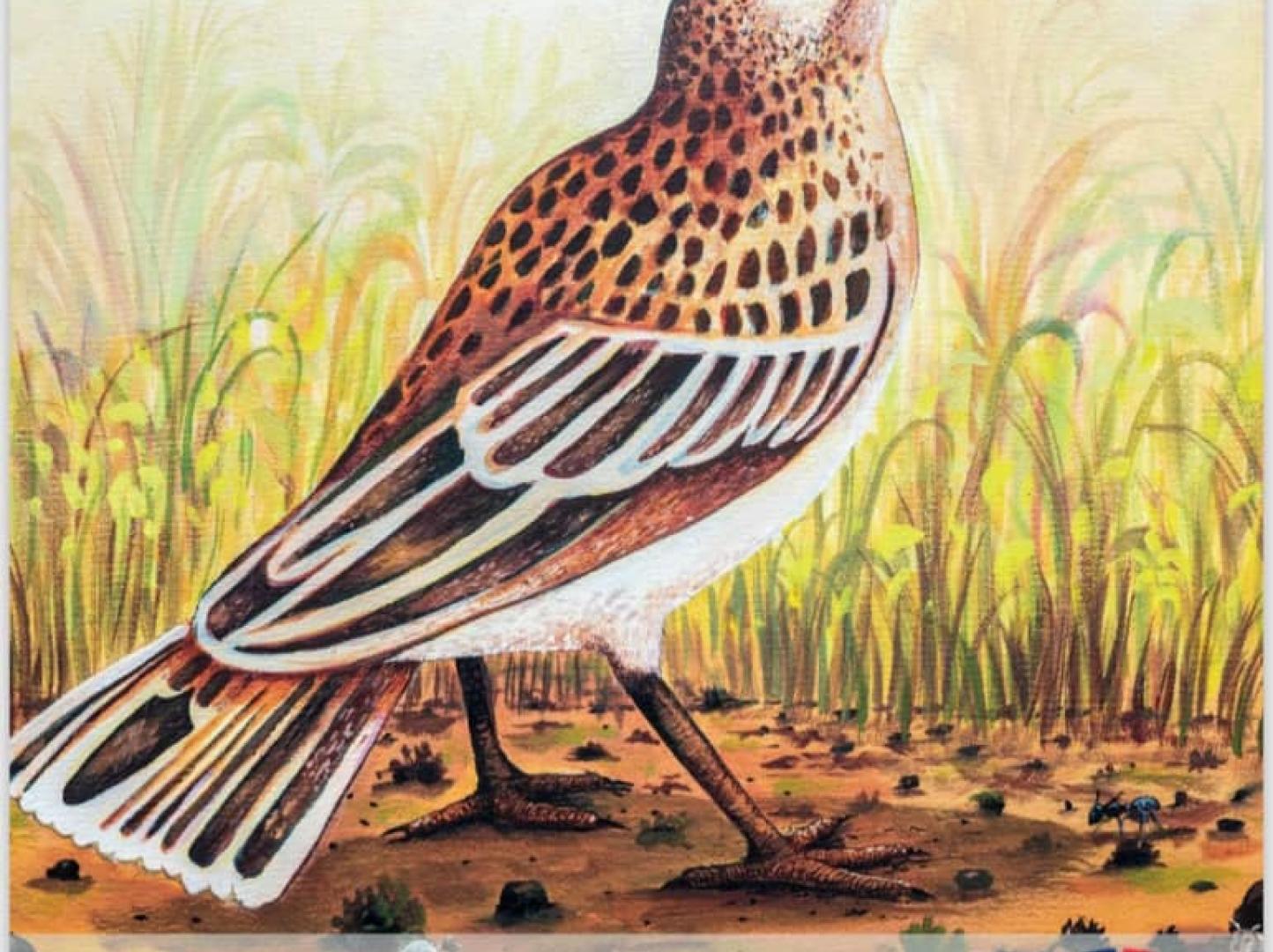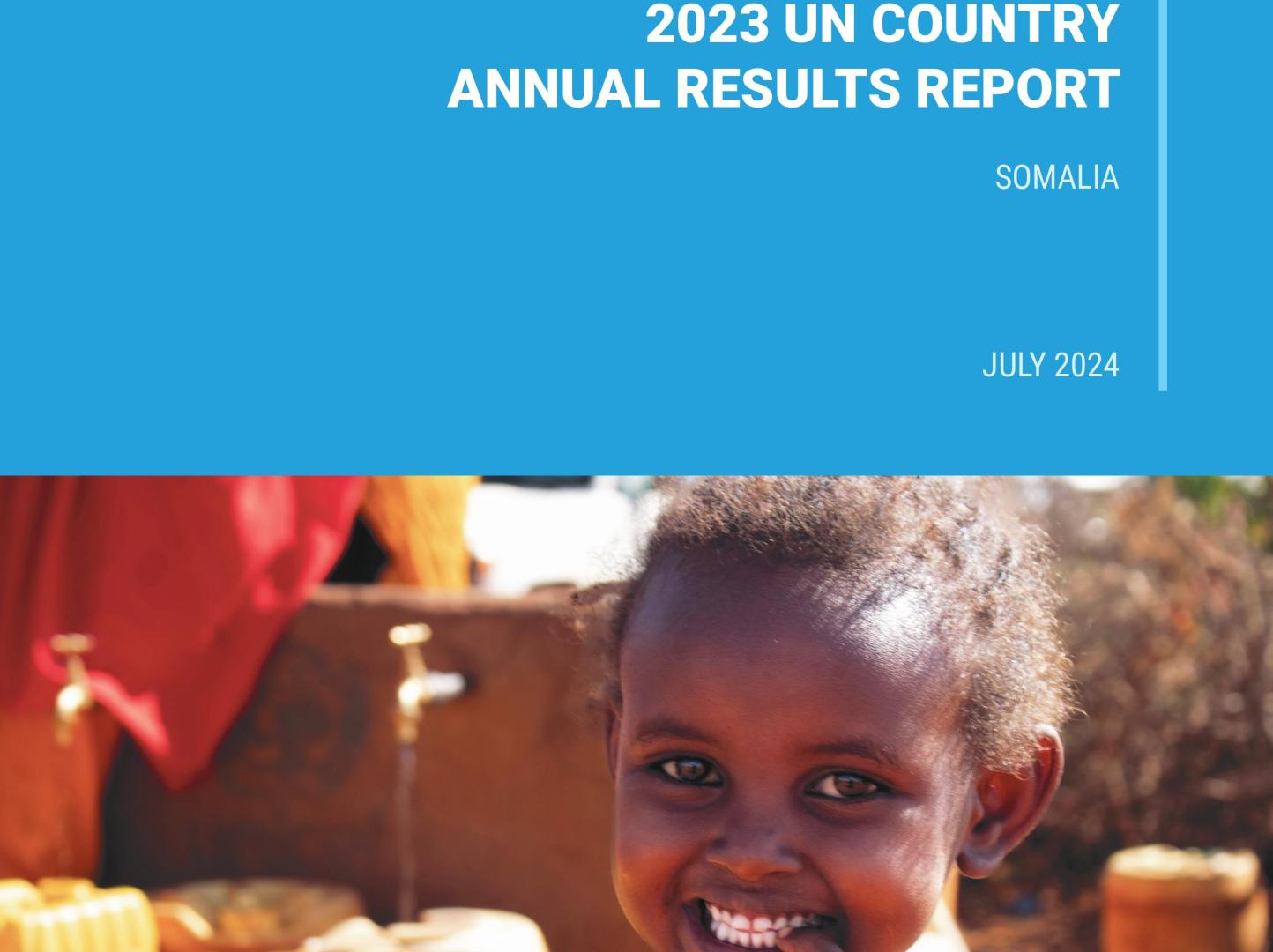FAO’s Rapid results drought response plan for Somaliland and Puntland

FAO’s Rapid Results Drought Response Plan is a time-sensitive call for funds. It responds to the most pressing food security and livelihood needs of people severely affected by poor rains and drought conditions in parts of Somaliland and Puntland. The Plan focuses on short-term tangible results that need to be delivered for families to preserve their sources of food and livelihoods: quick economic gains, improved water access, livestock preservation and a harvest in 2016. The Plan is linked to FAO’s El Niño Response Plan and wider Resilience Programme in Somalia, and the “Call for Aid: El Niño and Drought in Somalia” launched by OCHA on 31 March 2016.
In the worst affected areas, communities have not seen normal rains for four consecutive rainy seasons, spanning two years. These are especially dire conditions for agropastoral and pastoral families. In fact, 2015 Gu cereal production in Somaliland is 87 percent below average. Moreover, 60-70 percent of households from the main inland pastoral areas of Puntland have migrated with their animals in search of pasture and water, according to FAO Somalia’s Food Security and Nutrition Analysis Unit (FSNAU).
Food insecurity is widespread across the affected areas. In Bari, Awdal and Sanaag areas of Somaliland, for example, at least one in ten people are acutely food insecure according to the latest joint seasonal assessment by FSNAU and the Famine Early Warning Systems Network (FEWS NET). Over the coming months, food security prospects will depend greatly on the upcoming Gu rainy season: when Somalia generally receives 75 percent of its annual rain, pastures grow well and the country produces around 60 percent of its national cereal output. Worryingly, forecasts point to yet another season of near-average to below-average rains in the north. Farmers around the world can normally manage 1-2 bad harvests in a row. Beyond that, the risks become far greater. Somaliland and Puntland are no exception.
Families are at a tipping point. For multiple seasons, people have experienced loss of income and food sources, reduced purchasing power and rising debt. If families continue to lose or sell productive assets such as livestock, they will lack the means to recover and their resilience and coping capacity will be affected. This is could increase humanitarian needs and related costs, very sharply and very quickly.
FAO seeks USD 17 million to help more than 1 million people rapidly secure cash to afford food and other vital needs, save their livestock and plant crops by April 2016 for the main planting season.







